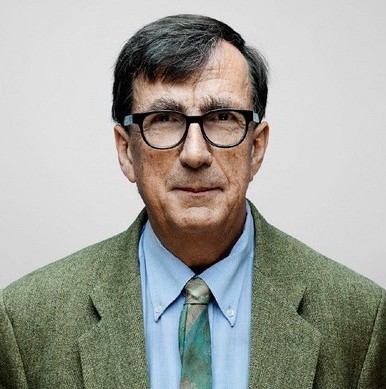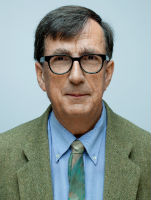This is the second part of our interview with Professor Bruno Latour, and if you haven’t already, you can listen to the first part here.
This time, Latour and David Robertson discuss Latour’s recent works We Have Never Been Modern and On the Modern Cult of the Factish Gods. Discussion moves from his critique of the distinction between the manufactured and “real”, and how this affects our models of belief.
Conversation finally turns to his Gifford Lecture Series, presented this February in Edinburgh, with the title Facing Gaia: An Enquiry Into Natural Religion. While we are used to problematising the category religion, Latour argues that we should equally question the category of natural. Videos and abstracts of Bruno Latour’s complete Gifford Lecture series can be viewed on the University of Edinburgh’s page.
Podcast: Play in new window | Download | Embed
Subscribe: RSS
You can also download this interview, and subscribe to receive our weekly podcast, on iTunes. And if you enjoyed it, please take a moment to rate us, or use our Amazon.co.uk link to support us when buying your important books etc.
Bruno Latour is Professor at Sciences Po Paris and has also been Professor at the Centre de Sociologie de l’Innovation at the Ecole Nationale Supérieure des Mines in Paris and visiting Professor at University of California (San Diego), at the London School of Economics and Harvard University. After field studies in Africa and California he specialized in the analysis of scientists and engineers at work. In addition to work in philosophy, history, sociology and anthropology of science, he has collaborated on many studies in science policy and research management, producing significant works such as Laboratory Life: The Construction of Scientific Facts and most recently Reassembling the Social: An Introduction to Actor-Network-Theory (Clarendon Lectures in Management Studies). He has also made a valuable contribution to the political philosophy of the environment with the book Politics of Nature: How to Bring the Sciences into Democracy, a theme which the Gifford Lectures continue.









